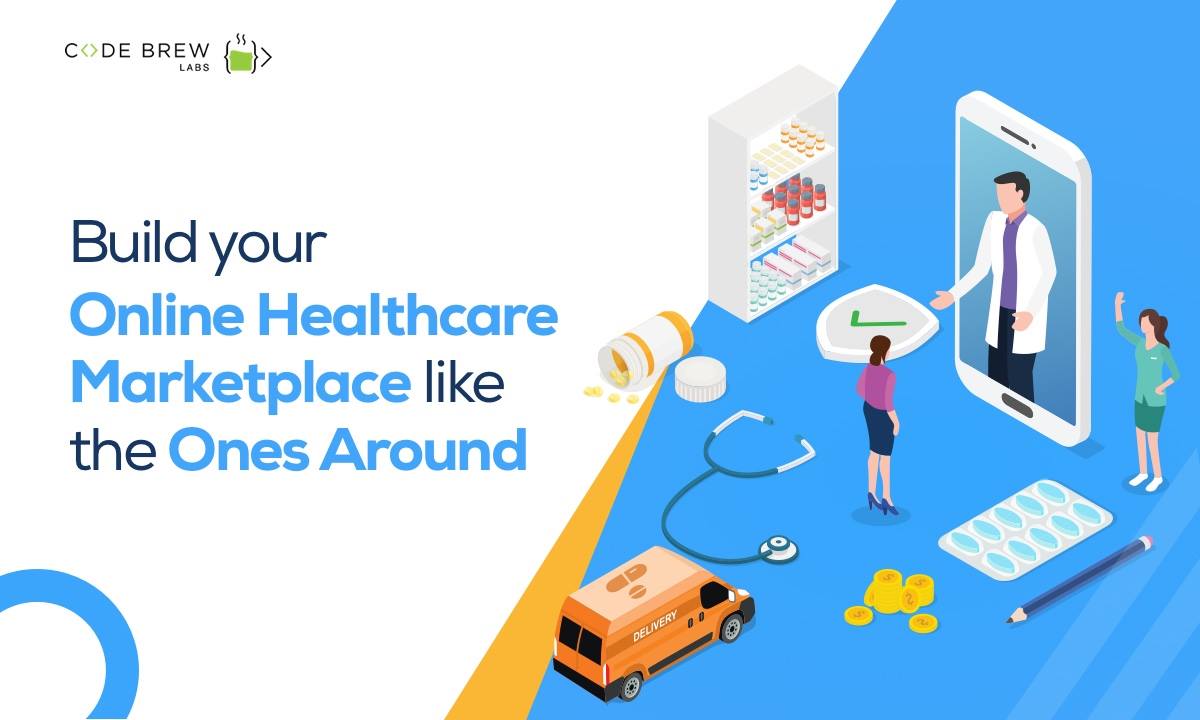The Future of Medication: Discovering Subscription Based Healthcare Versions
The Future of Medication: Discovering Subscription Based Healthcare Versions
Blog Article
How Subscription-Based Health Care Is Revolutionizing the Clinical Sector

The Increase of Membership Health Care
In the last few years, the medical care market has experienced a substantial change in the direction of subscription-based models, mirroring broader consumer trends preferring benefit and predictability. This transformation is driven by the boosting need for more available and tailored care services. Membership medical care, in some cases referred to as concierge medicine or straight health care, offers people a fixed monthly fee for a series of clinical solutions, substantially changing traditional fee-for-service versions.
The surge of registration health care is promoted by developments in modern technology, which enable streamlined communication in between people and suppliers - subscription based healthcare. Digital systems and telehealth services have actually ended up being indispensable, using clients the capability to arrange visits, access clinical records, and get examinations online. This technological assimilation not just boosts patient interaction however also permits providers to provide more efficient treatment
In addition, the membership version straightens with the developing assumptions of patients who seek even more control over their medical care expenses and experiences. By eliminating the unpredictability of co-pays and insurance coverage cases, subscription-based healthcare provides a transparent and simple approach. While this design is acquiring traction, its proliferation encounters challenges such as regulatory hurdles and the need for broader approval within the typical health care ecosystem. Its expanding existence marks a pivotal minute in the development of health care delivery.
Advantages for Patients and Carriers
Subscription-based medical care provides a multitude of benefits for both carriers and clients, improving the characteristics of healthcare. For patients, this model supplies improved accessibility to medical care solutions. With a predictable monthly cost, people can appreciate endless assessments, minimized wait times, and personalized treatment. This setup often leads to a more positive technique to wellness management, enabling timely interventions that can protect against chronic conditions from rising. Additionally, the monetary openness of registration models reduces the changability connected with traditional fee-for-service payment, minimizing the concern of unforeseen medical expenditures.
For medical care providers, subscription-based models cultivate a more lasting and rewarding method. Management tasks are frequently structured, lowering above costs and allowing suppliers to commit more time to individual communication. Overall, subscription-based health care lines up the motivations of patients and suppliers, advertising a much more patient-centered and effective healthcare shipment system.
Key Attributes of the Version
Regularly, the essential features of the subscription-based healthcare design emphasize its distinctive method to supplying clinical services. Central to this design is the idea of foreseeable, regular monthly settlements, offering clients an extensive array of solutions without the changability of traditional fee-for-service structures. This version typically includes endless access to medical care solutions, preventative treatment, and routine examinations, ensuring that individuals can involve with their medical care companies proactively instead than reactively.
In addition, direct interaction networks, such as telemedicine and messaging platforms, are emphasized, permitting individuals to get prompt recommendations and consultations without requiring in-person consultations. This improves accessibility and benefit, specifically for people with flexibility constraints or those residing in remote areas. The model also fosters more powerful doctor-patient partnerships, as medical care companies are incentivized to concentrate on long-term wellness outcomes rather than temporary check outs.
Additionally, subscription-based medical care usually incorporates technical developments, such great site as electronic health documents and health and wellness monitoring apps, to offer effective and individualized care. Patients take advantage of coordinated and continuous care management, which is tailored to their details wellness requirements. Inevitably, these functions jointly create a patient-centered medical care check my source experience, prioritizing ease of access, expense openness, and preventative treatment.

Difficulties and Factors To Consider
While the subscription-based healthcare version supplies numerous advantages, it is not without its difficulties and factors to consider. Membership designs may accidentally favor those with higher socioeconomic standing, potentially expanding differences in health care accessibility for lower-income people who might have a hard time with month-to-month costs.
Another challenge exists in regulative compliance. Subscription-based healthcare has to browse an intricate web of laws that differ by area, including problems around client confidentiality, data protection, and state licensing needs. Making certain compliance without impeding the model's versatility and development can be discouraging for service providers.
Additionally, there is the danger of overutilization or underutilization of services. Patients paying a dealt with fee might overuse solutions, leading to increased operational expenses, while others may underutilize as a result of be afraid of straining the system, potentially ignoring necessary treatment.
Future Prospects and Innovations
The landscape of subscription-based health care is positioned for change through arising advancements and advancing leads. As innovation proceeds to development, the integration of fabricated knowledge and device discovering offers significant opportunities to improve diagnostic accuracy and enhance person management. Anticipating analytics can change preventative treatment by identifying potential health risks before they manifest, thus decreasing both costs and the problem on health care systems.
In addition, telemedicine is readied to increase within membership models, offering people enhanced accessibility to healthcare professionals despite geographical constraints. This not only promotes connection of care yet likewise encourages patients to engage even more actively in their health management. Furthermore, blockchain technology supplies prospective in safeguarding client data and making certain interoperability across systems, promoting depend on and openness.
Partnerships in between tech companies and medical care carriers are most likely weblink to yield ingenious solutions, boosting client experiences and end results. As these prospects emerge, subscription-based medical care has the possible to redefine how treatment is provided and accessed.
Final Thought
Subscription-based healthcare is transforming the medical industry by using a much more obtainable, predictable, and patient-centered technique to clinical solutions. Regardless of difficulties such as governing difficulties and prospective differences in accessibility, the membership design holds promise for an extra effective and personalized medical care experience.
Subscription health care, sometimes referred to as concierge medicine or direct main care, provides people a fixed month-to-month fee for a range of medical services, dramatically changing standard fee-for-service versions.
Additionally, the subscription design lines up with the developing expectations of individuals who seek more control over their medical care expenses and experiences. For clients, this design supplies improved accessibility to medical care solutions. Overall, subscription-based medical care lines up the rewards of carriers and individuals, promoting a more efficient and patient-centered health care distribution system.
Furthermore, telemedicine is set to expand within subscription models, offering individuals enhanced access to health care professionals regardless of geographical restraints. - subscription based healthcare
Report this page